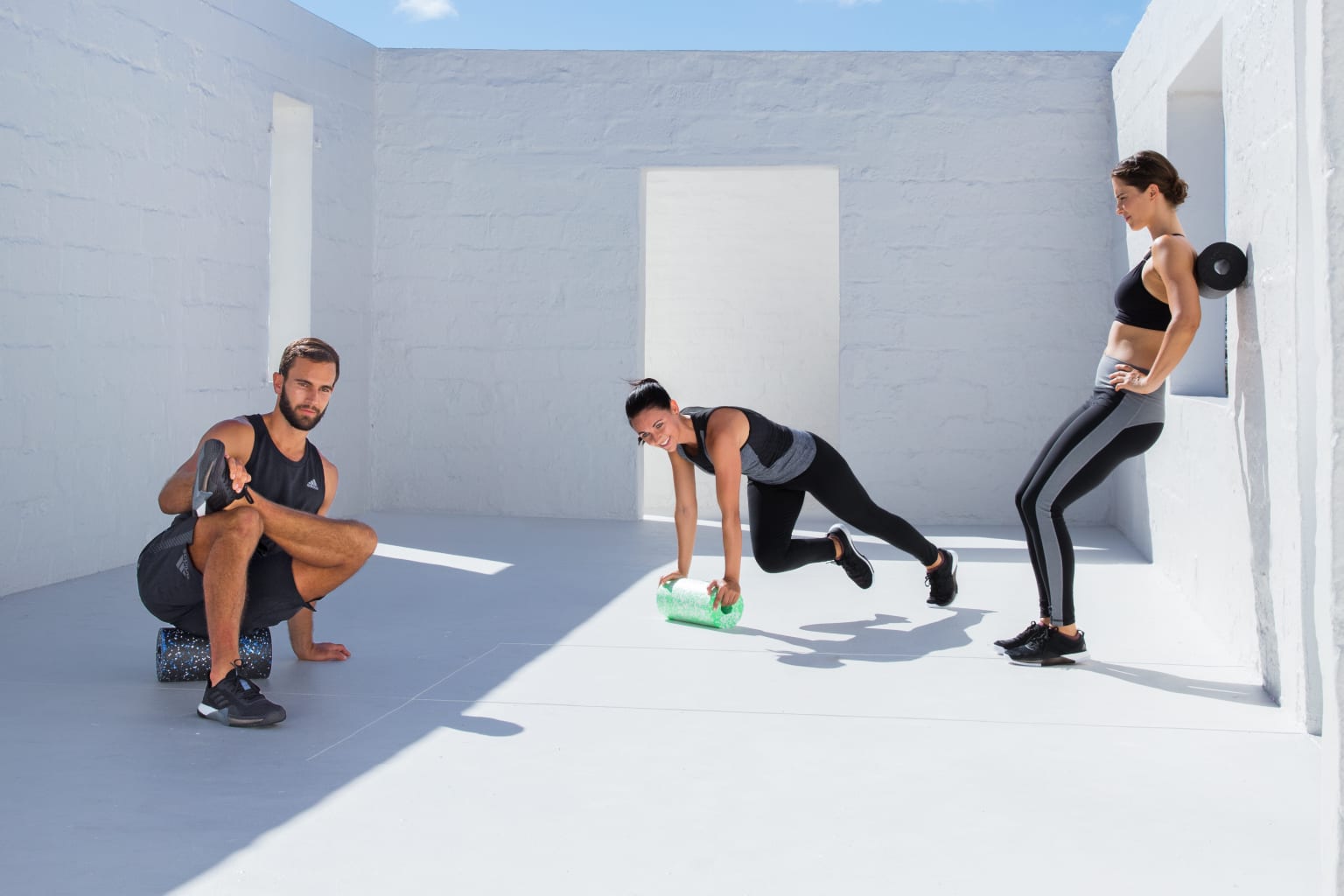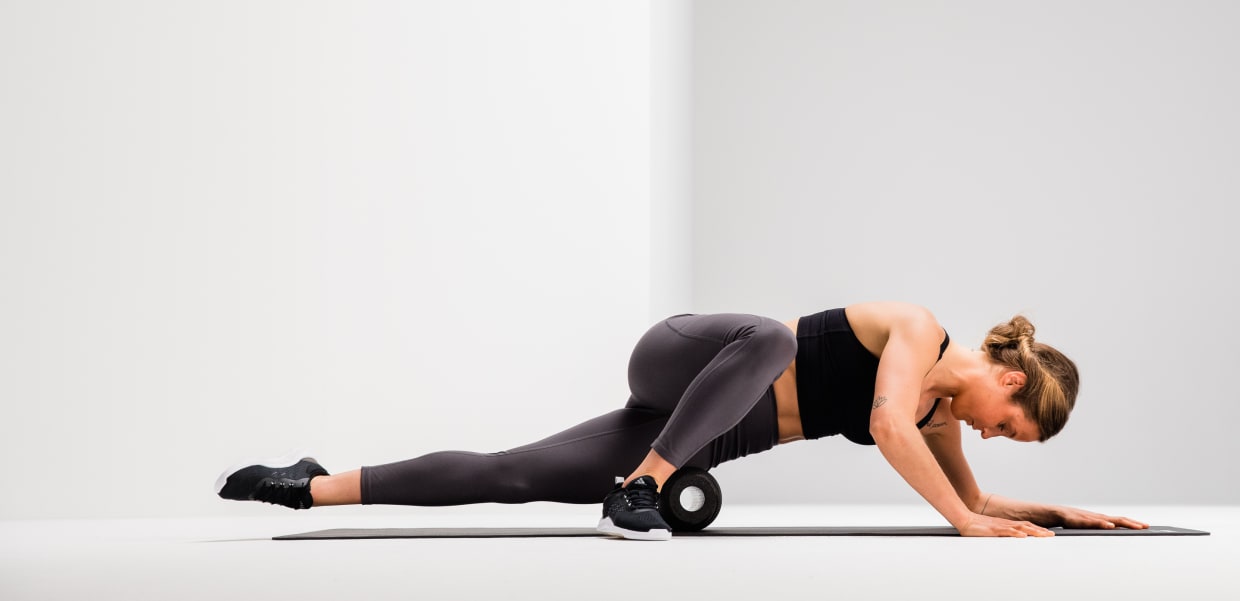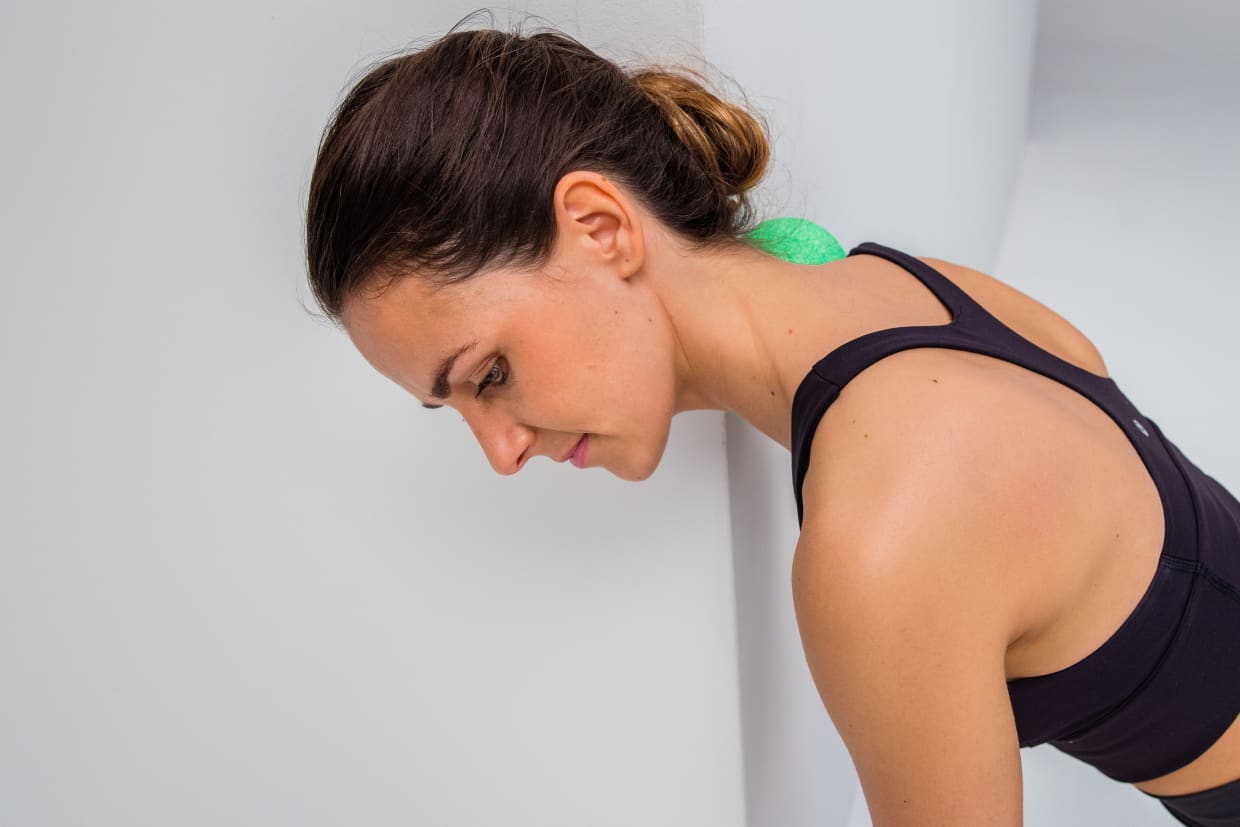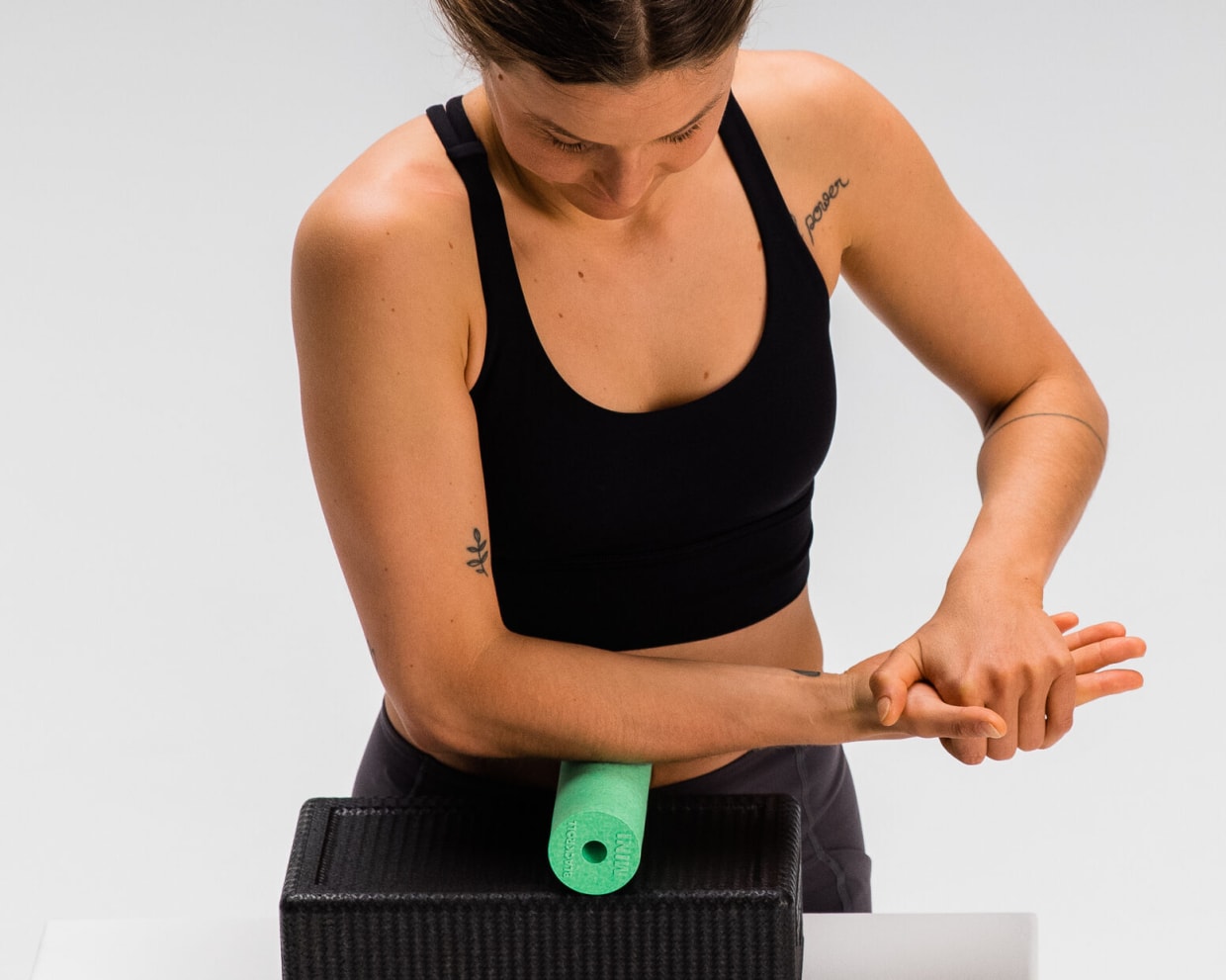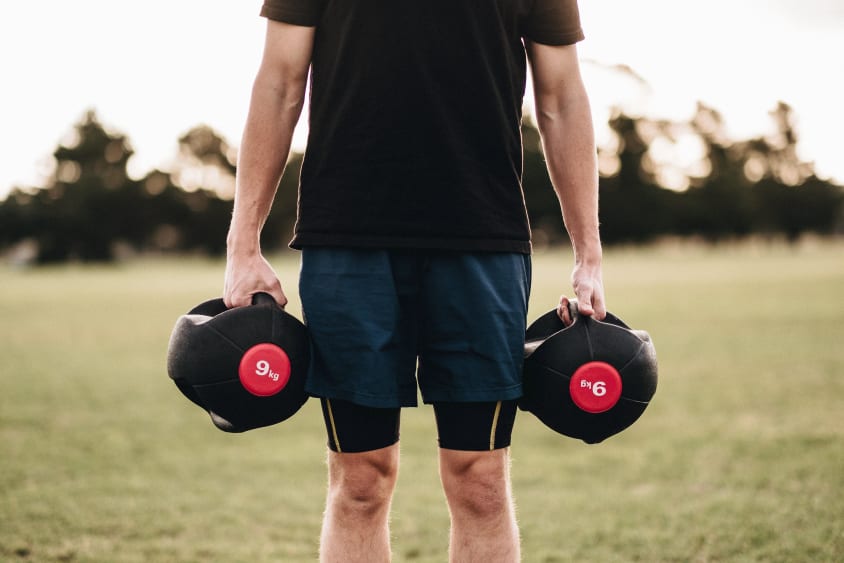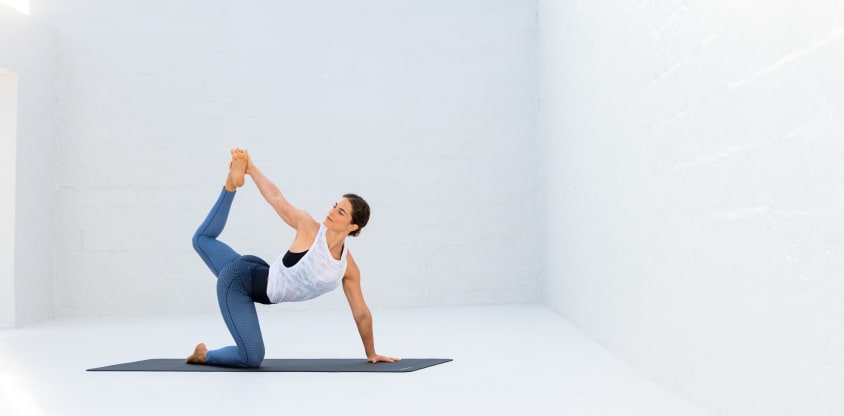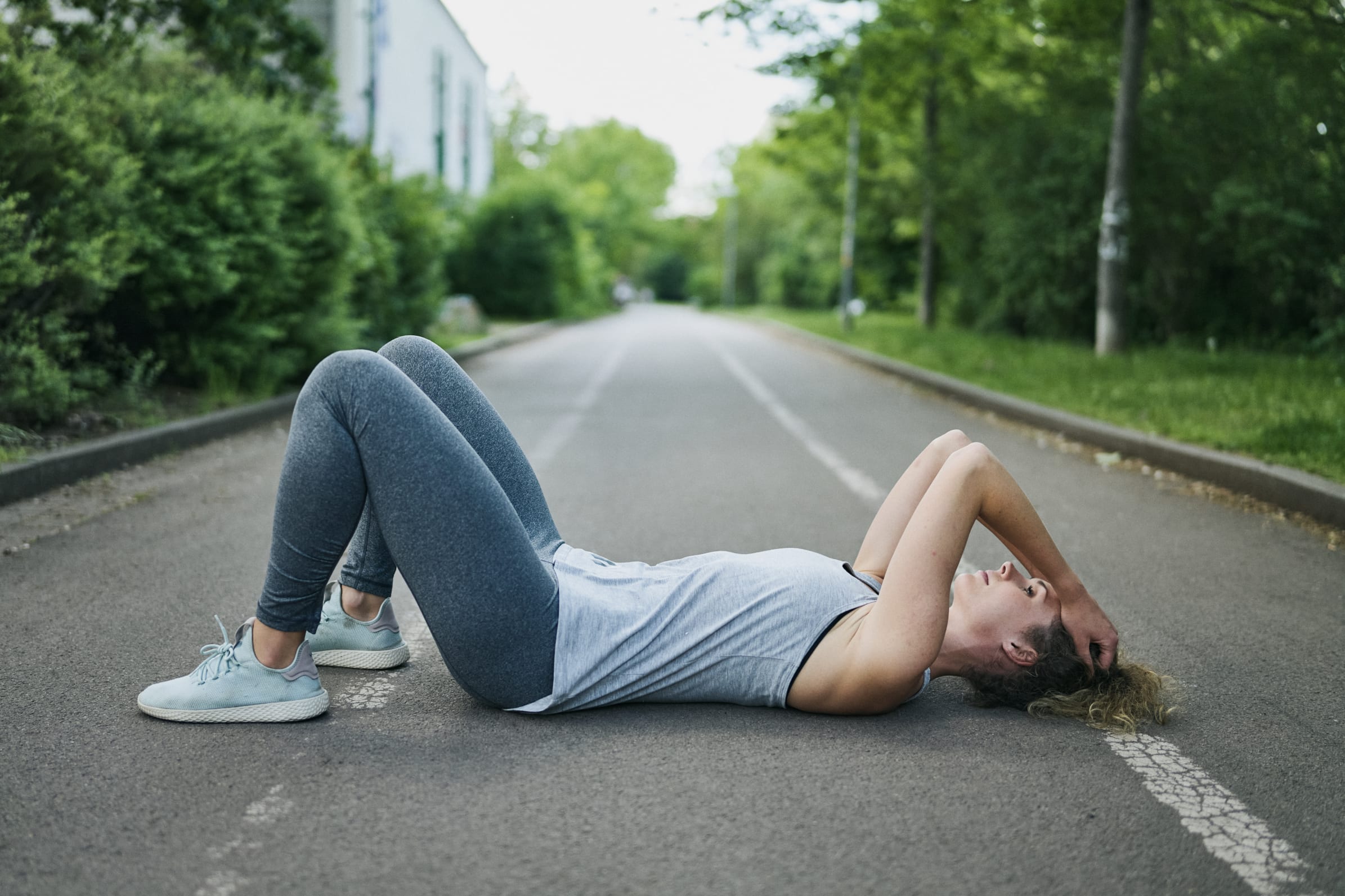
Recognising and treating overtraining

Working out without resting? Bad idea! The body needs time to recover. Without this, it's at risk of overtraining.
Higher, faster, further: sport is often about pushing performance. The goal is to continuously improve. There's nothing wrong with this provided athletes listen properly to their bodies and its signals while training. After all, more is not always better. Anyone who overtrains won't achieve their desired training goals or may even notice a deterioration in performance. Find out here what overtraining is, its symptoms, how it happens and how long you should rest for after overtraining.
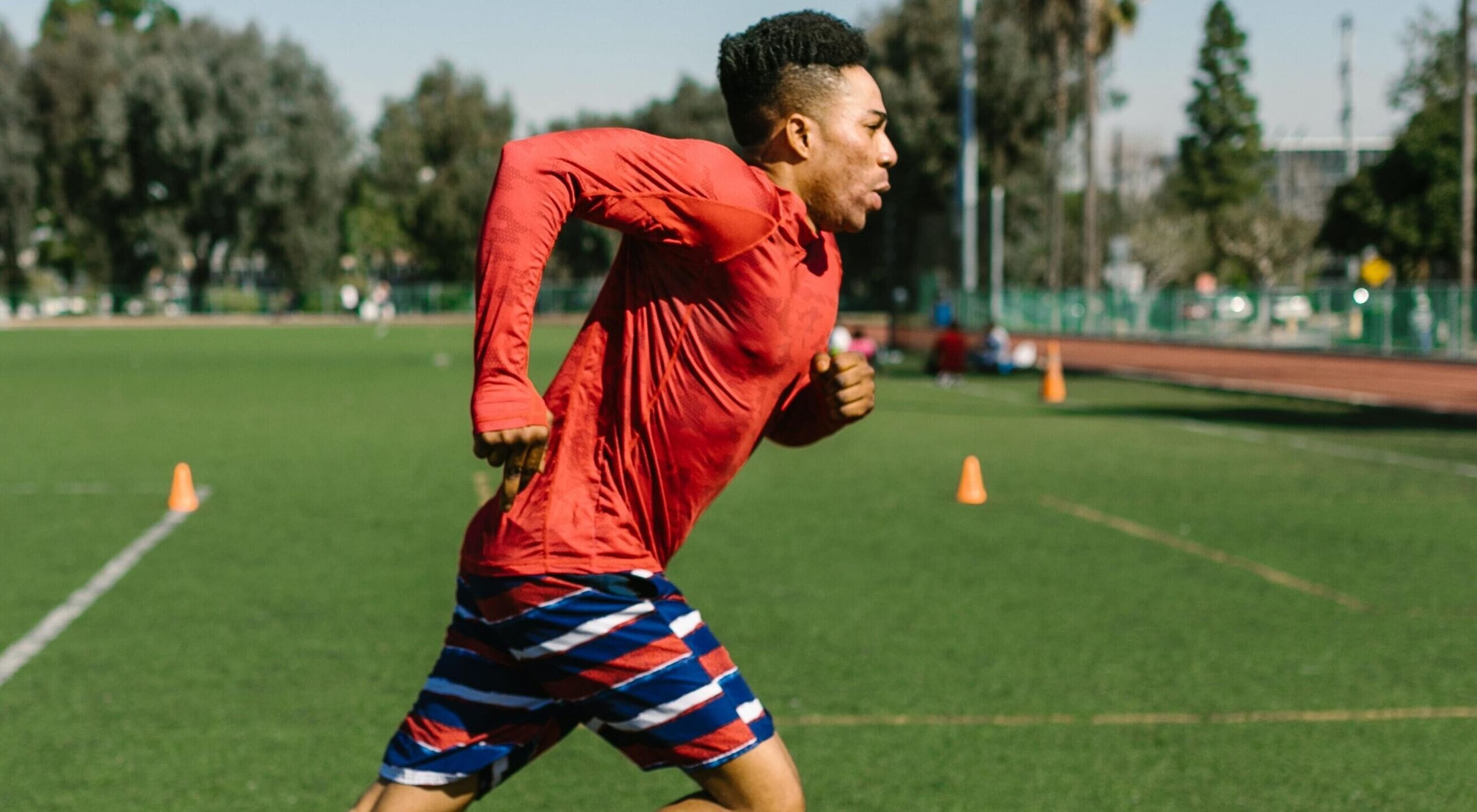
What is overtraining?
Overtraining is the specialist term for chronic sports stress. It happens when you subject your body to intense training for long periods of time, usually several weeks, without sufficient recovery time. As a result, your body becomes so fatigued that it's unable to recover after just a couple days of rest and relaxation.
"When athletes overstep their limits, it's not just the body that suffers, but the mind too."
Sports doctor Dr Lutz Graumann
Overtraining can affect both amateur and professional athletes as well as endurance and power athletes.The most obvious sign of overtraining is when your level of performance stagnates or deteriorates, despite training regularly. This should ring alarm bells. The earlier you recognise that you're overtraining, the sooner you can restore balance through recovery.
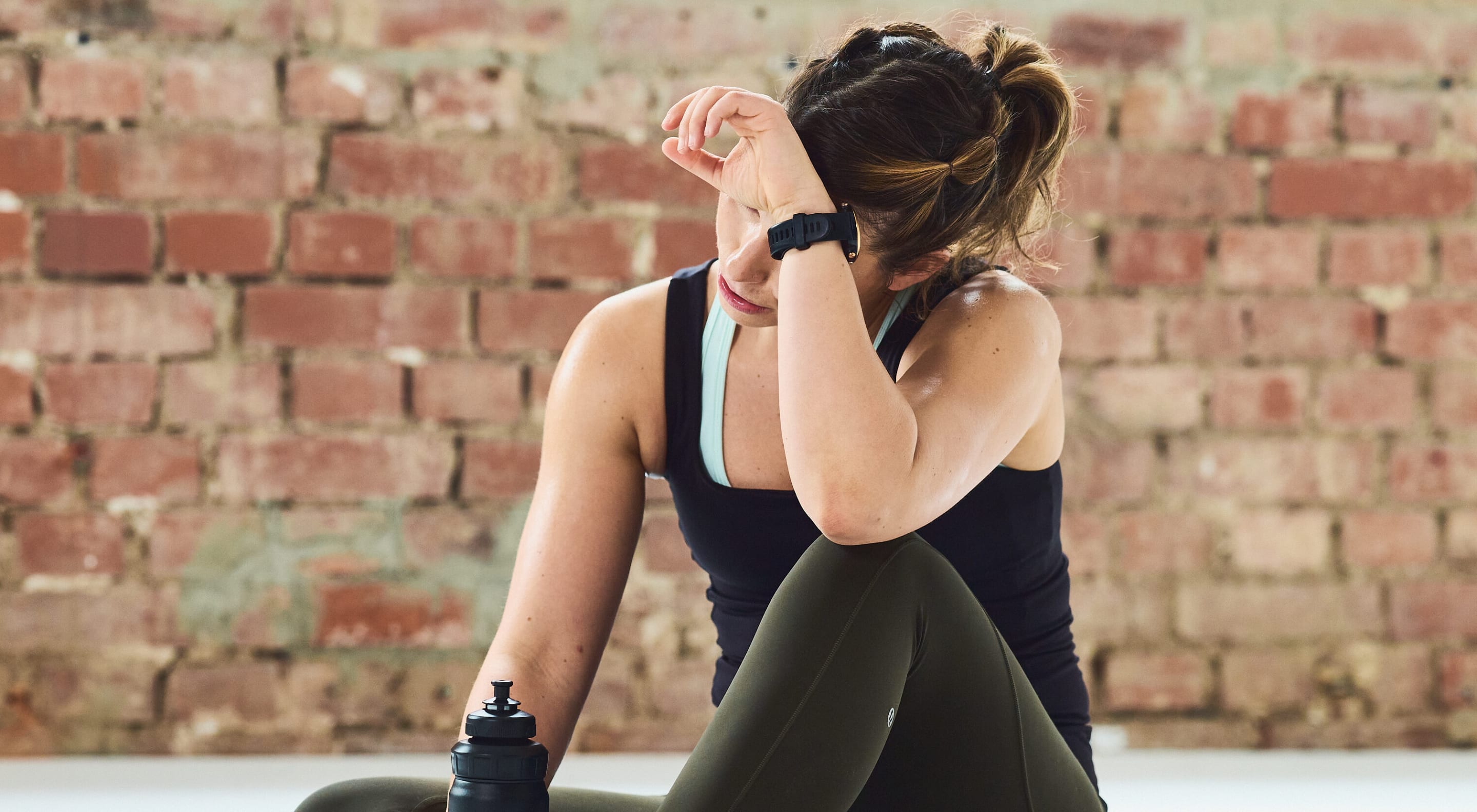
What are the symptoms of overtraining?
In addition to a deterioration in performance despite training, there are other typical signs of overtraining that you can recognise. As an athlete, you should pay attention to the following mental symptoms, feelings and potential consequences of overtraining:
- Weakness
- Fatigue
- Nervous tension
- Difficulty concentrating
- Lethargy or restlessness
- Depressive mood
- Lack of enjoyment in the sport
- Lack of enjoyment in competition
- Sport becomes a stress factor
The body also sends signals when it's being overtrained. As an athlete, you should pay attention to the following physical symptoms and signs of overtraining:
- Muscle cramp or tight muscles
- Regular infections such as colds
- Frequent pain, such as in the shoulder or knee, tendon pain
- High resting heart rate
- Night sweats
- Loss of appetite, weight loss
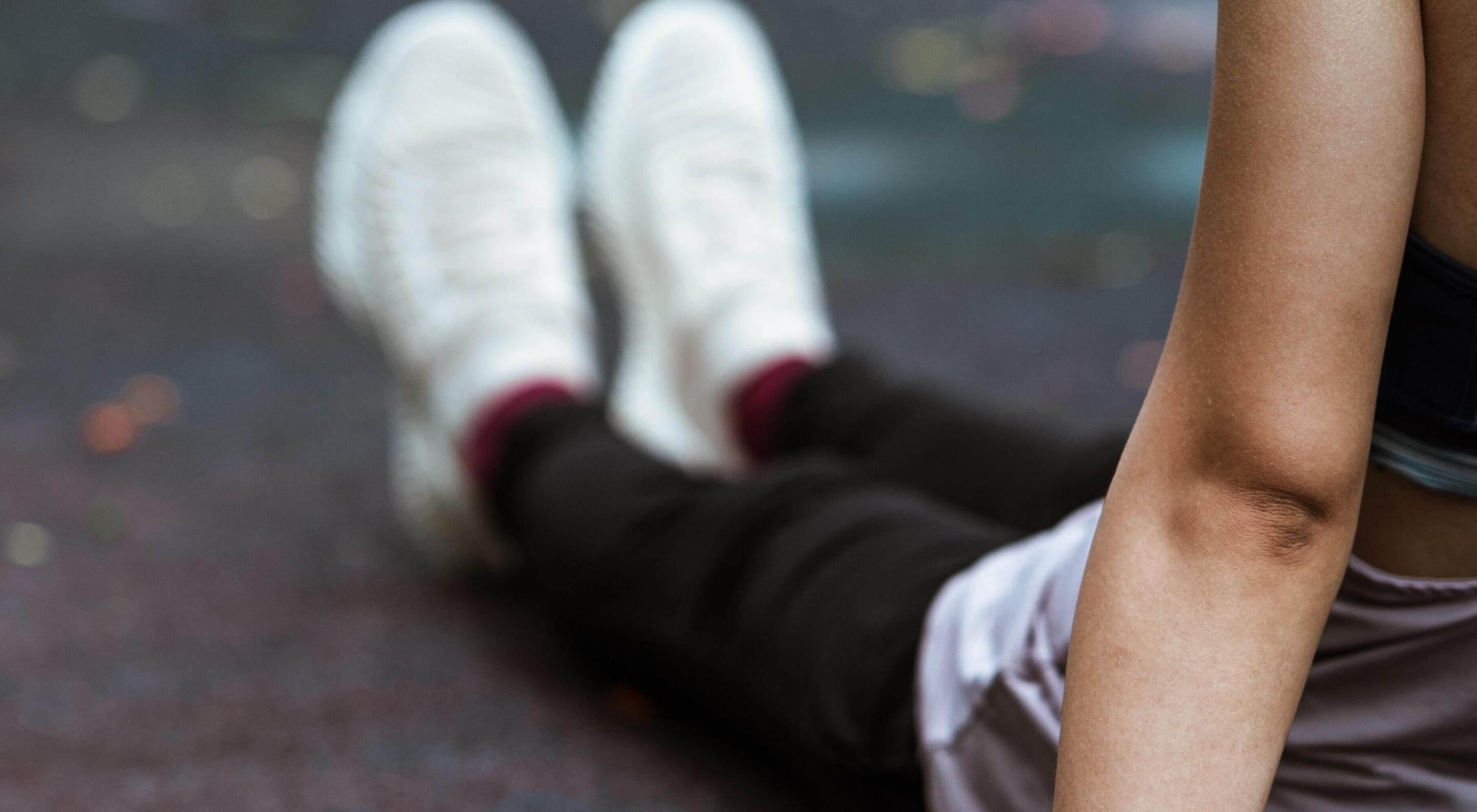
How long should you rest for after overtraining?
If you notice that you've pushed yourself too hard at sport and have overtrained, then you've taken the first major step: acceptance. This can often be difficult when preparing for a competition. However, it won't subside until you've completely recovered. As a general rule of thumb, recovery after overtraining should take as long as the overtraining phase itself. Three weeks' rest to recover after overtraining is the absolute minimum length of time.
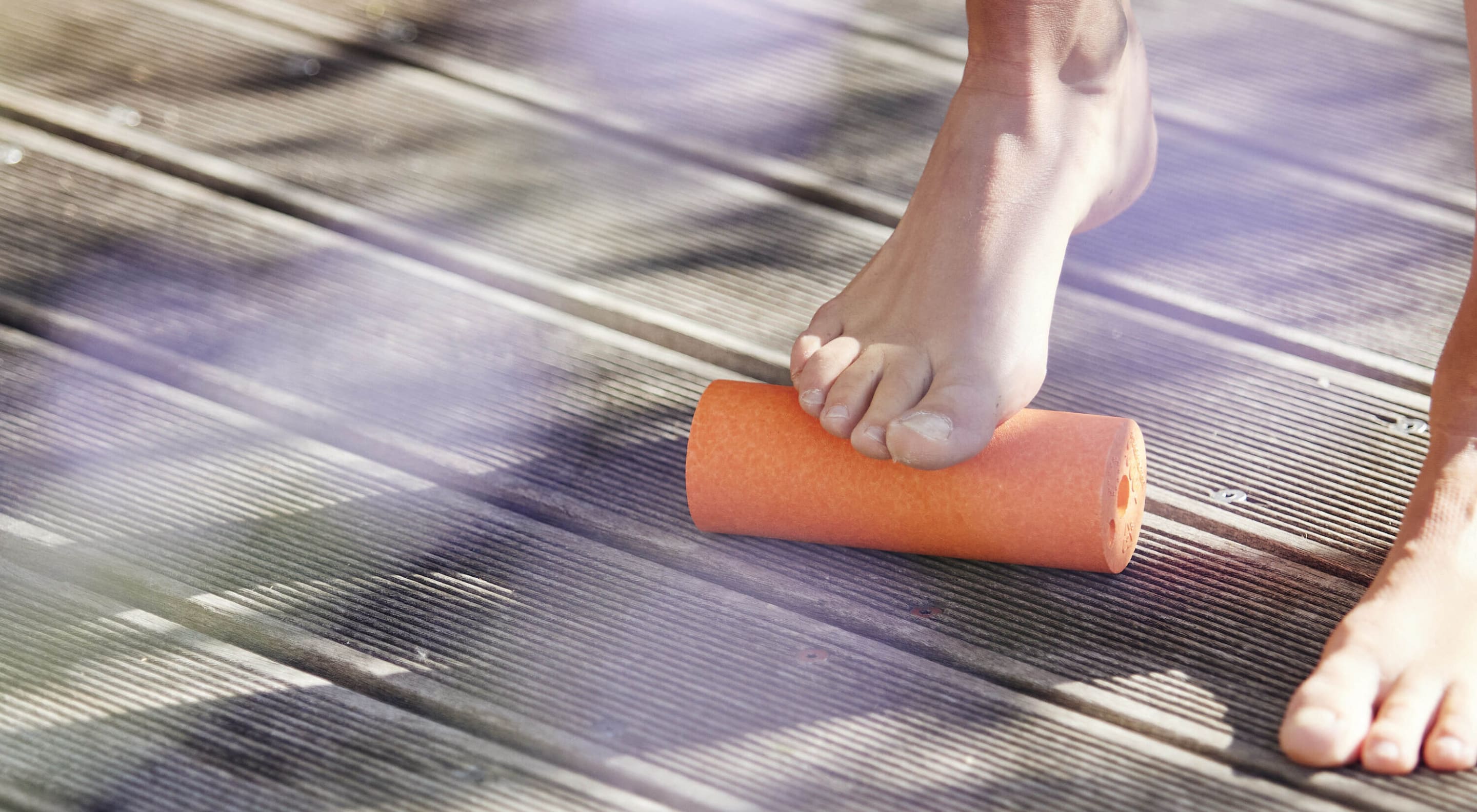
What should you do if you've overtrained?
You can actively help to restore the balance between stress and relaxation. For severe symptoms, you should seek professional medical and/or psychological advice.
Your body and immune system will be very weak at the start of the recovery phase and more susceptible to illness.Therefore, you should try to boost your immune system. This can be done through a balanced diet, sufficient sleep and warm clothing. It's also important to avoid stress, regularly wash your hands and avoid places and situations with lots of people,as this increases your risk of infection.During this phase, it's also beneficial to take gentle recovery measures: light massages using a foam roller, mild sauna sessions and careful stretching.
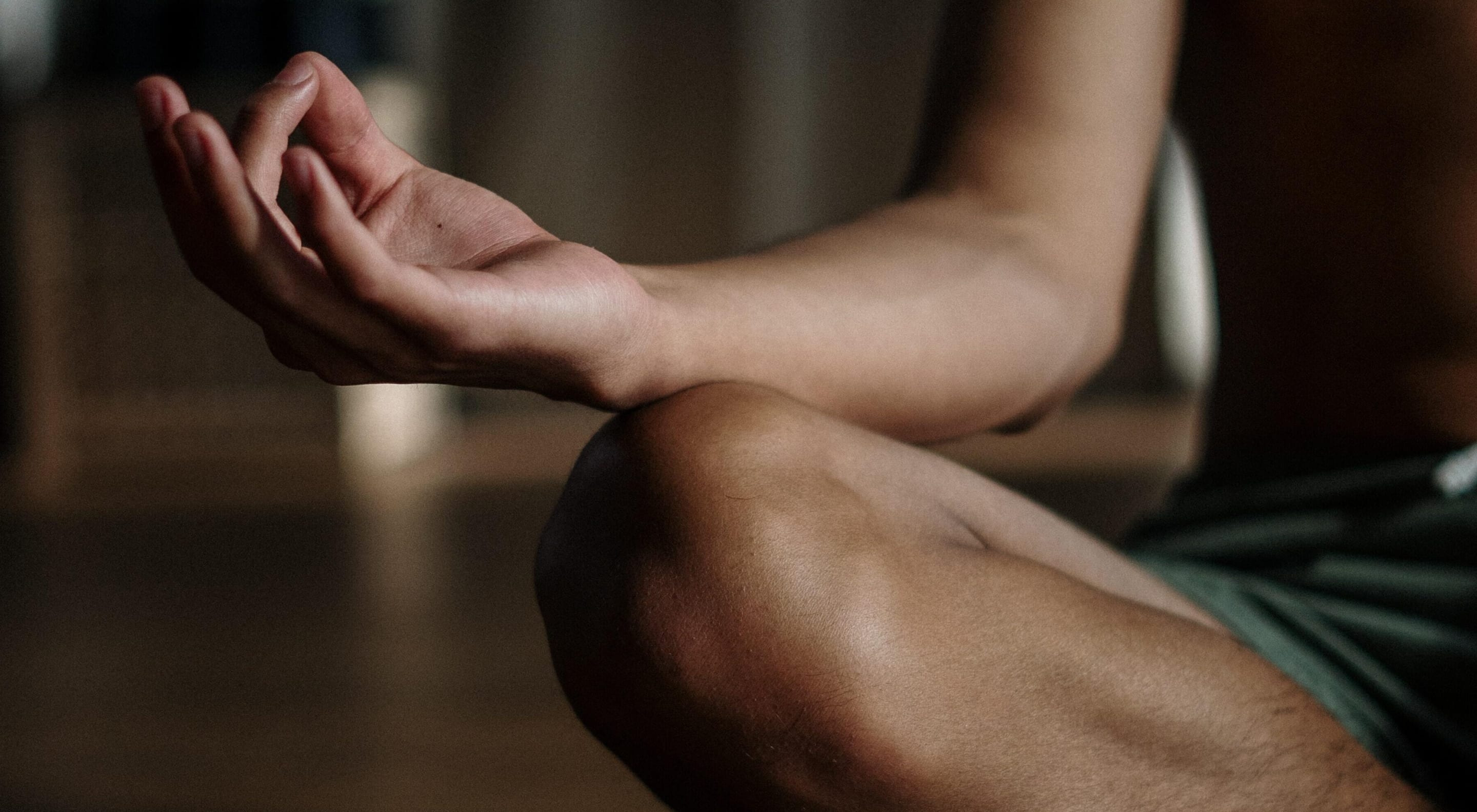
How can overtraining be avoided?
You should adapt your old training schedule to avoid returning to an imbalanced regime. Plan time for rest and stick to it.Also, don't forget that it's not just your muscles and joints that need time to recover but your mind too.
Say goodbye to your old, rigid training schedule and listen better to your body. It will usually give you a good indication of your physical and mental state. If you feel strong and powerful, you can push yourself. If not, opt for an easier workout or rest. Diversity is also beneficial: try different types of sport to avoid repetitive strain.
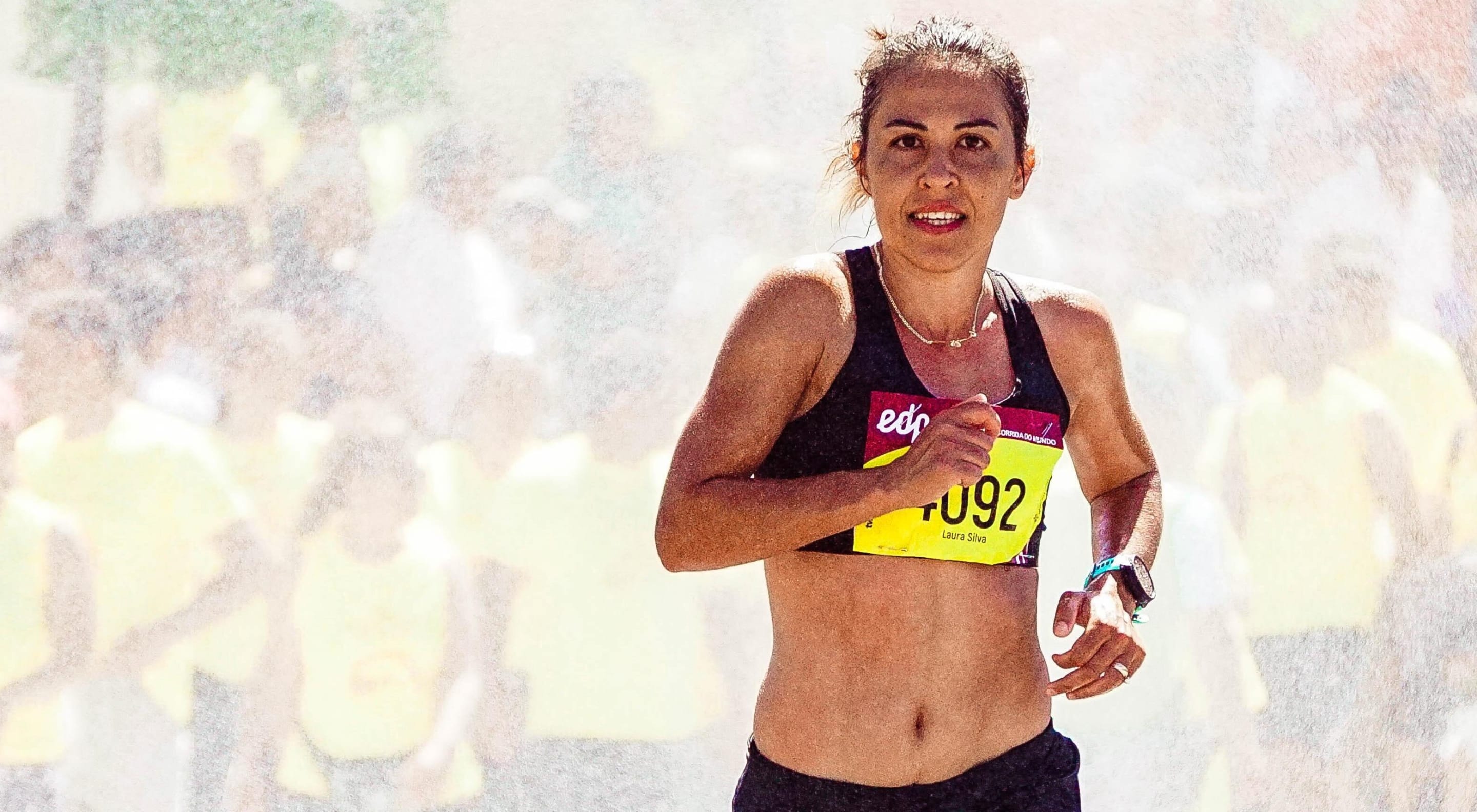
Summary: Recovery boosts performance
Higher, faster, further: sport is often about pushing performance. Remember however that you won't increase performance without rest and recovery.Anyone who puts strain on their body and mind also needs time to recover, otherwise they're at risk of overtraining. After all, everything in life is a cycle, which we at BLACKROLL® know well.





